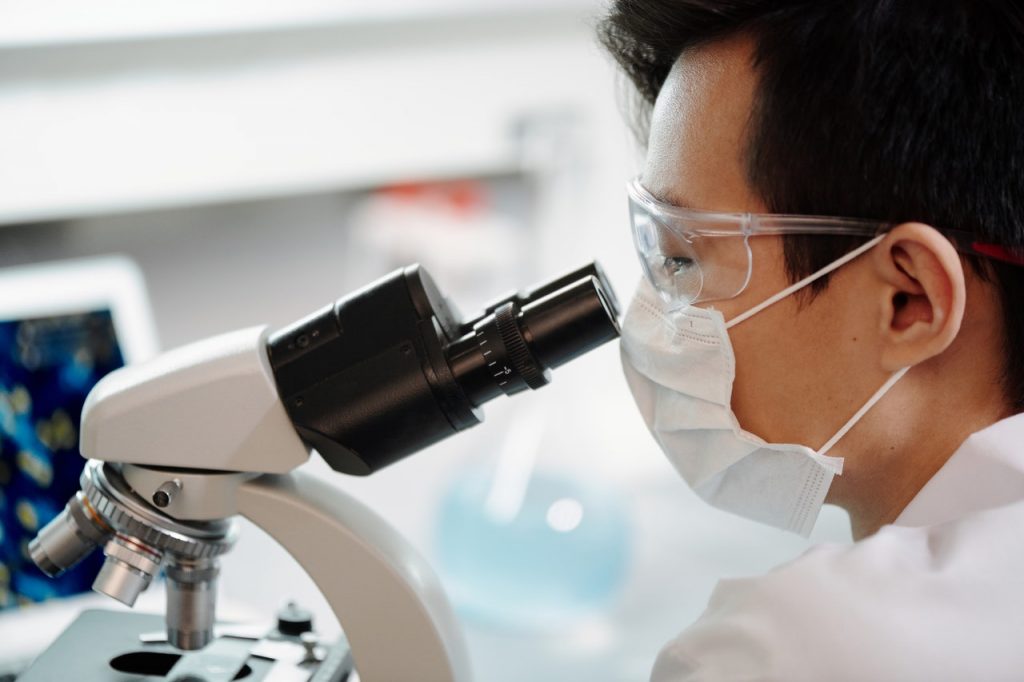What is Chemotherapy and How Does it Work?

You’ve probably heard the word chemotherapy before. You might have even had chemotherapy treatments yourself. But what exactly is chemotherapy? And how does it work? The term ‘chemotherapy’ means treatment with chemicals. This can be ideal for treating cancer or other diseases in your body, but the chemicals are toxic for cancer cells and other diseased cells. In addition, they’re so toxic that healthy cells will also get killed by their use.
This post will explore how chemotherapy works to enable you to decide your treatment options. It will also highlight the drawbacks of chemotherapy and answer common questions like:
How Does Chemotherapy Work?
Chemotherapy works by targeting and killing cancer cells directly. Chemotherapy drugs can get into the cells easily. But healthy cells usually get protection from these chemicals because they have a stronger cell membrane that is more difficult for the chemo to pass through. Cancer cells themselves are not significantly different from healthy cells. The difference is that cancer cells reproduce and grow much more quickly than healthy cells, and they don’t die as easily either.
Chemotherapy drugs work because the chemicals target parts of the cell that are ideal for reproducing. They do this by interrupting the metabolism within the cells and damaging the DNA of healthy cells, making them slower or less productive.
Since chemotherapy drugs attack all rapidly growing cells, they can be toxic to your body. As a result, people undergoing chemotherapy often experience the same symptoms as those with radiation treatment – fatigue, nausea, and vomiting, because healthy cells also get killed.
If you’re going to have chemotherapy for breast cancer Newport Beach-based or any other location, the benefits you receive will depend on your circumstances.
What Types of Side Effects Does Chemo Cause?
Chemotherapy has a myriad of side effects that differ from person to person depending on their age, health, and type of treatment, among other factors. These include:
- Fatigue
- Hair loss (alopecia)
- Nausea and vomiting
- Mouth sores and ulcers
- Tingling feeling or numbness in the fingers or toes (neuropathy)
- Loss of appetite and weight loss
Should You Consider Chemotherapy?
Chemotherapy is a powerful treatment for fighting cancer. But before you consider taking chemotherapy, weigh up the benefits against the risks. If you’re particularly concerned about your quality of life, you’d be more willing to try alternative therapies.















